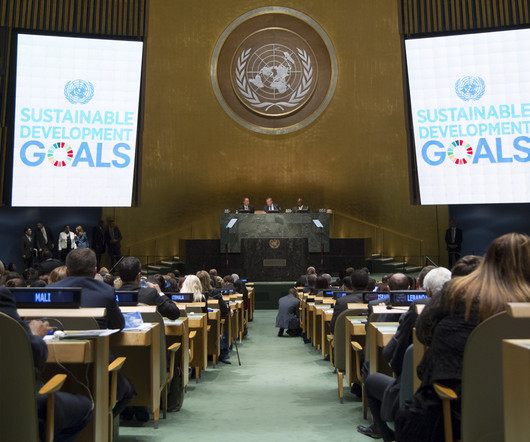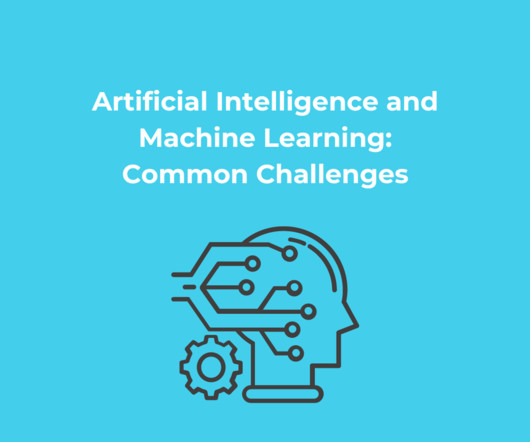85% Of United Nations’ Sustainable Goals Not Being Met
The NonProfit Times
JULY 17, 2024
For example, AI techniques developed for image recognition in healthcare can also be applied to assess signs of disease in crops or moisture content in soil. The UN Department of Economic and Social Affairs highlights AI’s potential to meaningfully enable 134 or 79% of the 169 SDG targets.


















Let's personalize your content